News
New research Alert – Cosmopolitanism in contemporary European societies: mapping and comparing different types of openness across Europe
INVENT members Tally Katz-Gerro, Neta Yodovich (UK team), Susanne Janssen, Marc Verboord (Netherlands team), and Joan Llonch-Andreu (Spanish team) have published a new article in the journal of Contemporary European Studies. The article is open access and builds on the survey research conducted by INVENT. The abstract reads as follows: Cosmopolitanism, which is often defined as openness to other cultures
Let’s look back at the final 2023 INVENT Conference in Barcelona
On April 27-28, 2023, the INVENT consortium hosted its final conference: Societal Drivers and Impacts of Cultural Participation: Key Findings Towards More Inclusive Cultural Policies. The INVENT consortium gathered in the sunny and dynamic city of Barcelona, at the Institut d’Estudis Catalan to present the key research outputs the project has produced over the past 3 years. Since the first INVENT
Tracing digital inequalities
This blog post concerns the ongoing empirical work of the Danish team and is therefore work in progress. In the INVENT project, we have been busy collecting different types of data via methods such as interviews, focus groups, case studies, and data scraping. Inspired by insights from previous data collections, the Danish team followed the traces of digital inequalities, which
New research alert: An empirical book on cultural non-participation published
A new book “Understanding Cultural Non-Participation in an Egalitarian Context” by INVENT team member Riie Heikkilä has been published in the Palgrave Studies in Cultural Studies series. The book uses qualitative data from individual interviews and focus groups collected and explores the questions of cultural non-participation in Finland. The point of departure for the book is the much-studied relationship between
Advocating for Culture in Turbulent Times: A report exploring cultural petitions
INVENT’s data scraping team has recently completed its second annual report “Advocating for culture in turbulent times”. Following phase I, which explored the various uses of the word “culture on the Twittersphere, our team decided to delve deeper for phase II. For phase II, we took a closer look at the question “What do people talk about when they talk
INVENT research presented at a Bourdieu symposium at the University of Helsinki
The Finnish INVENT team members participated in a seminar “Back to Bourdieu(?): A Symposium” held on 12 December at the University of Helsinki. The event and presentations discussed the legacy of Pierre Bourdieu’s work on sociology, especially from the Finnish perspective. In his presentation, INVENT team member Semi Purhonen discussed the influence of Bourdieu in current cultural stratification research and
Experiences of the digitalization of culture: Accessing, participating, and (not) belonging
Our last blog post presented an introduction to INVENT’s current interview data collection phase. In this post, we want to highlight a subset of questions, which explore how people relate to digital media in their lives, and how those impact their cultural practices.
The INVENT consortium met for its fifth team meeting in Zadar, Croatia
In the period between October 6th and 8th, 2022, a team meeting of the INVENT project (European Inventory of Societal Values of Culture as a Basis for Inclusive Cultural Policies in the Globalizing World) was held in Zadar, Croatia. The project is supported by the European Commission’s Horizon 2020 programme. The meeting was organised by the Croatian partner in the
Taking Part: Migrants engaging in local cultural offers in five European countries
During the past summer, INVENT’s members have conducted interviews with locals and migrants in each of the consortium countries. In the following blog, we share preliminary findings regarding the ways in which migrants take part (or don’t) in their new country’s cultural offerings. The countries included in this blog are the UK, Denmark, Finland, Croatia, and Serbia (in which immigrant
The Debate on Cultural Appropriation has arrived in German-speaking Countries
This year in April the German musician Ronja Maltzahn was supposed to play a concert at a Fridays-for-Future protest in Hannover (DE). A few days before the event, however, she was uninvited by the organizers due to her hairstyle: She, a white person, was wearing dreadlocks [1]. A few months later, a similar event took place in Switzerland. Here, a

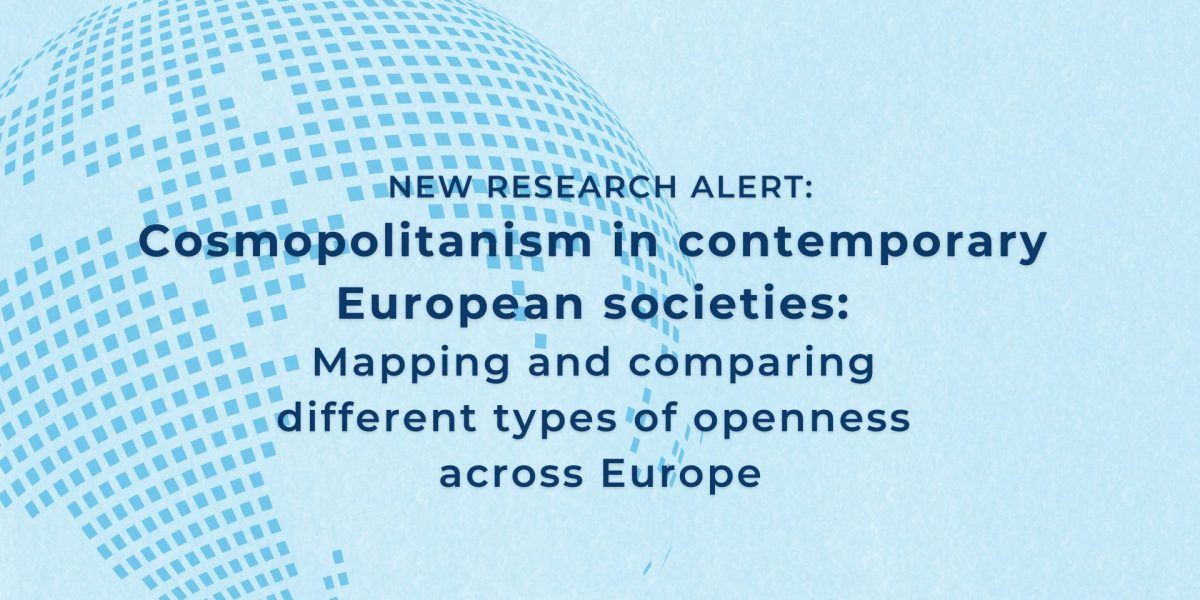
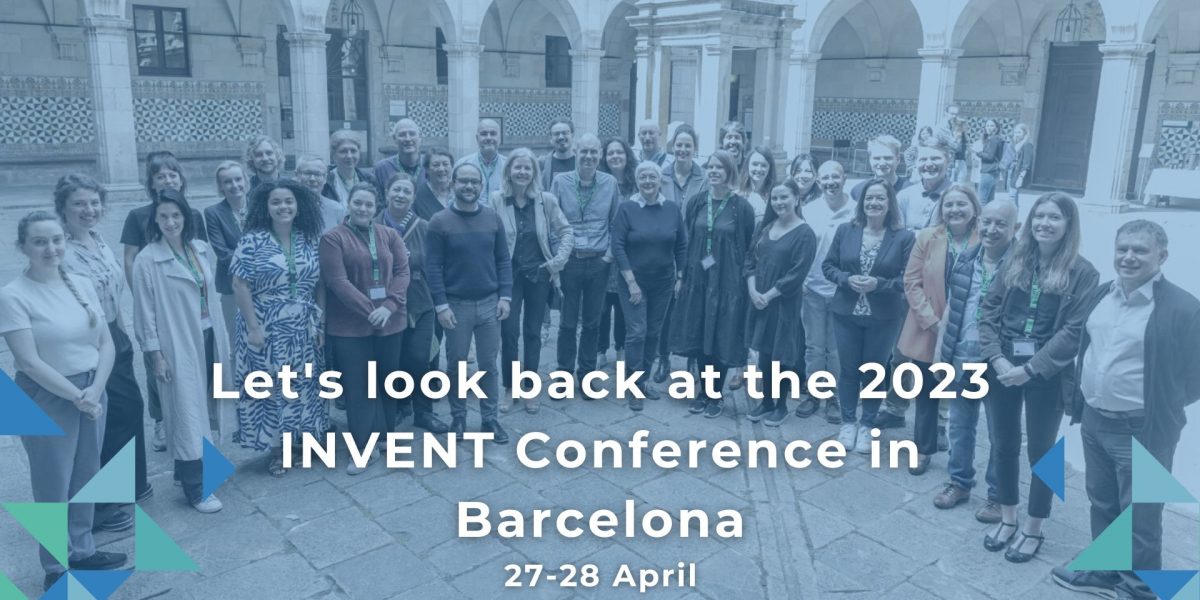
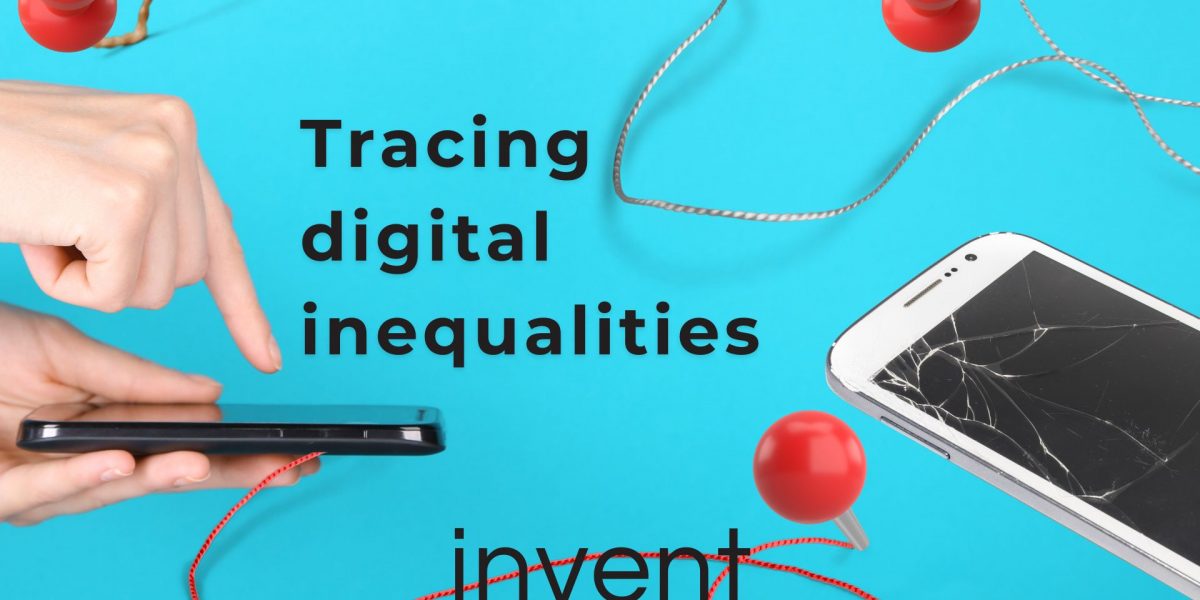
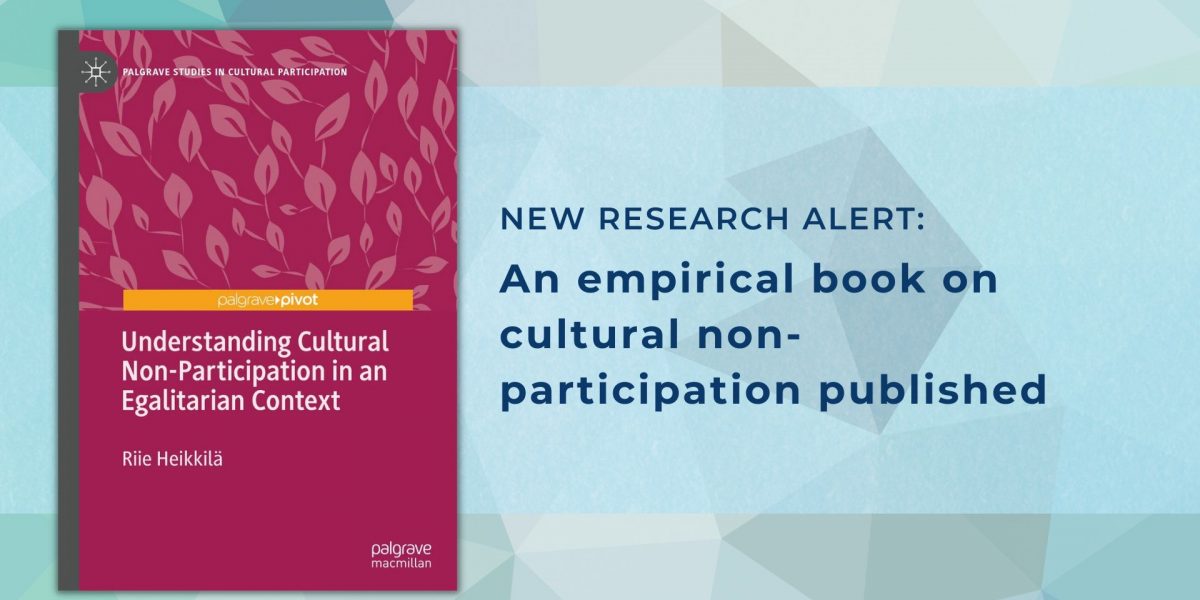
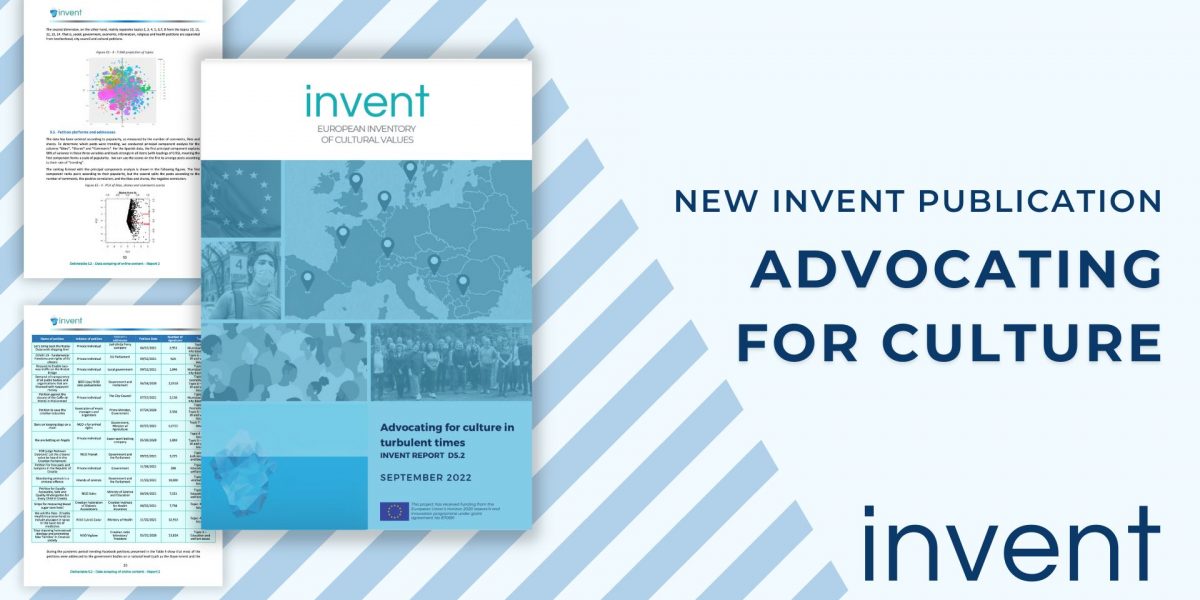
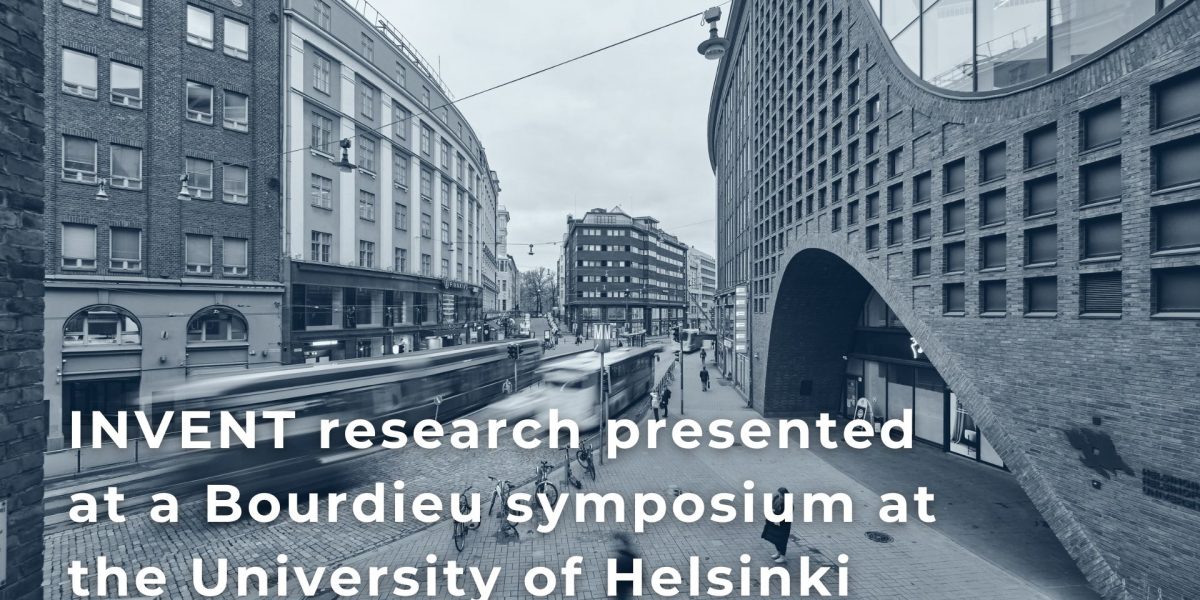
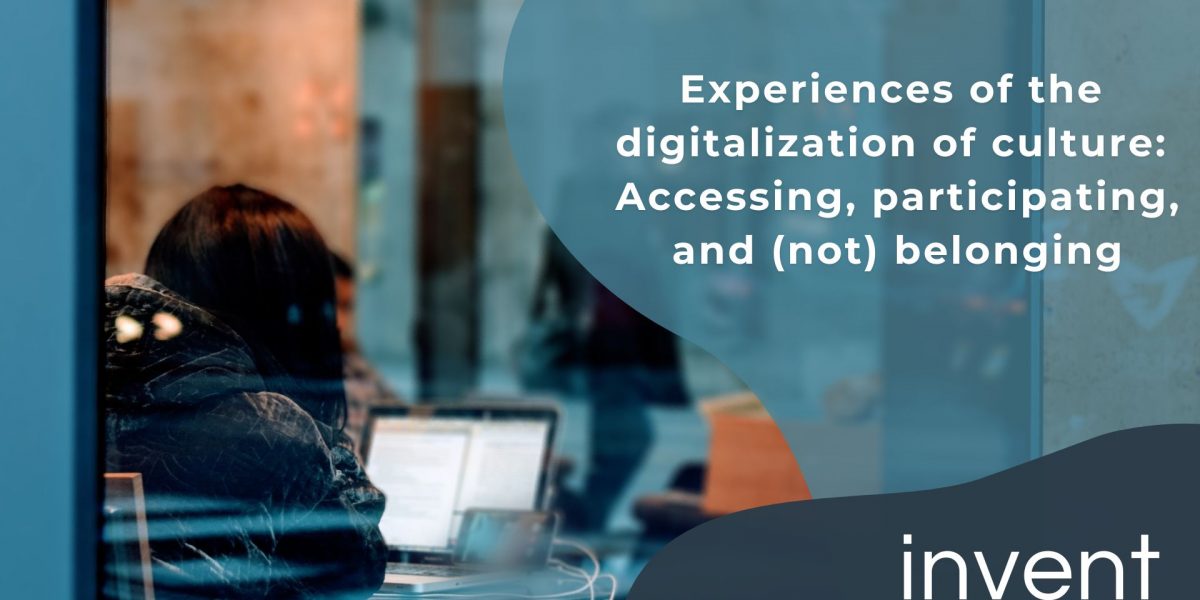
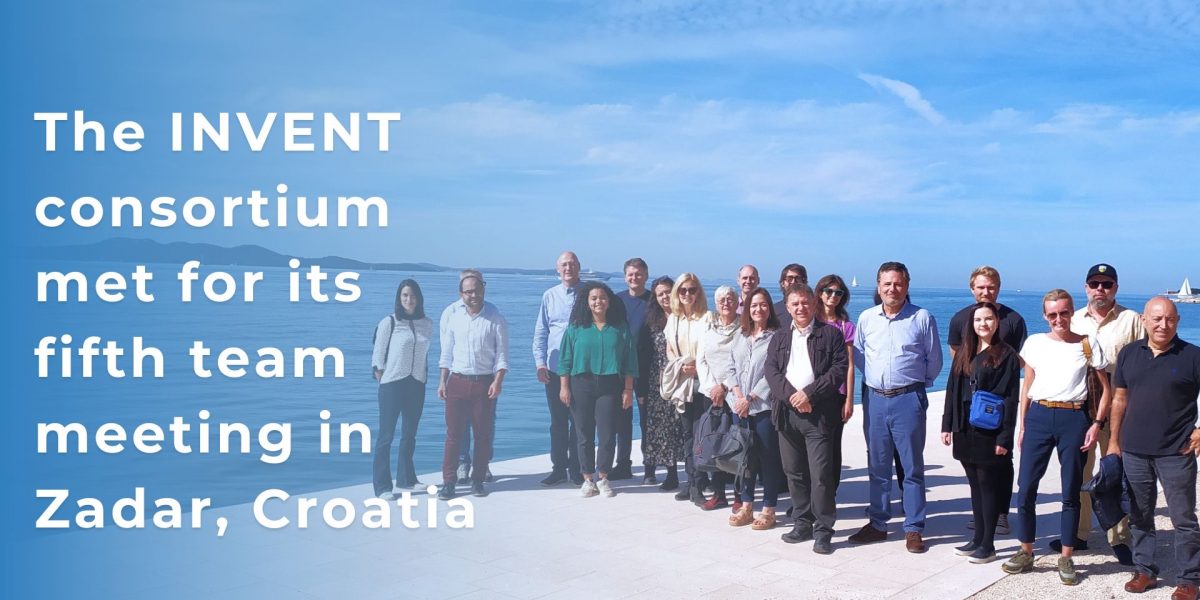
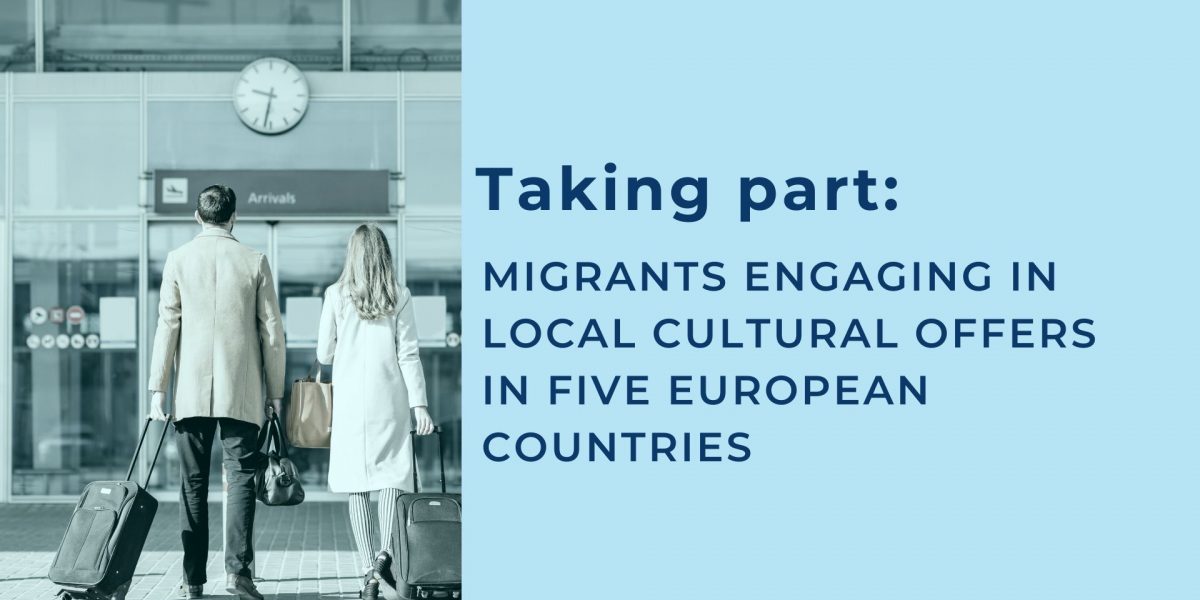
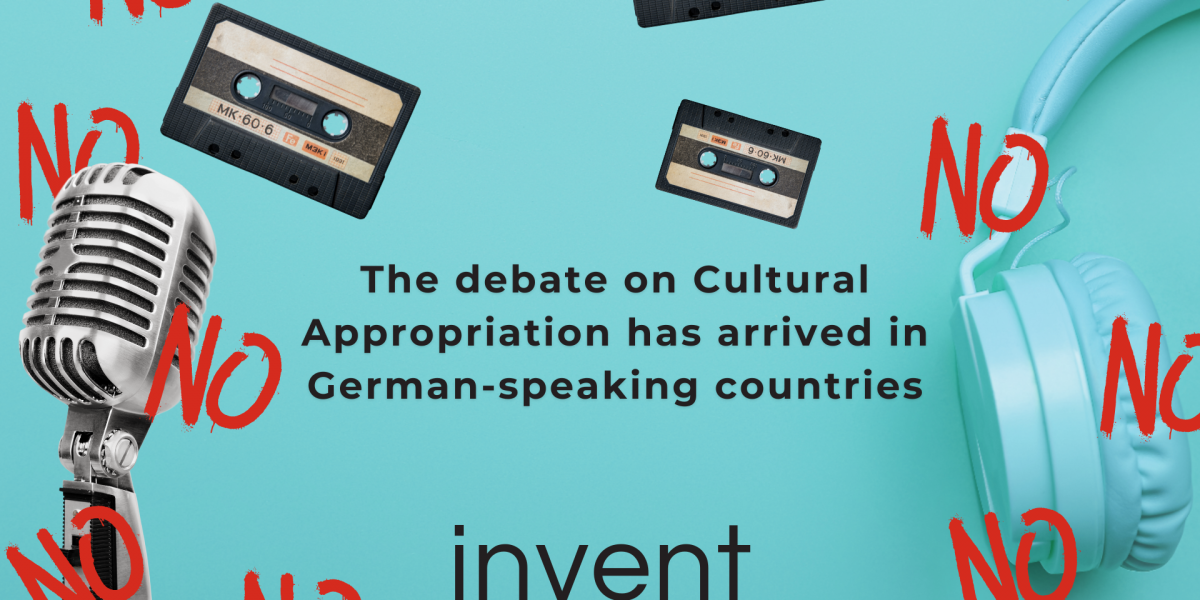

 This project has received funding from the European Union’s Horizon 2020 research and innovation programme under grant agreement No
This project has received funding from the European Union’s Horizon 2020 research and innovation programme under grant agreement No